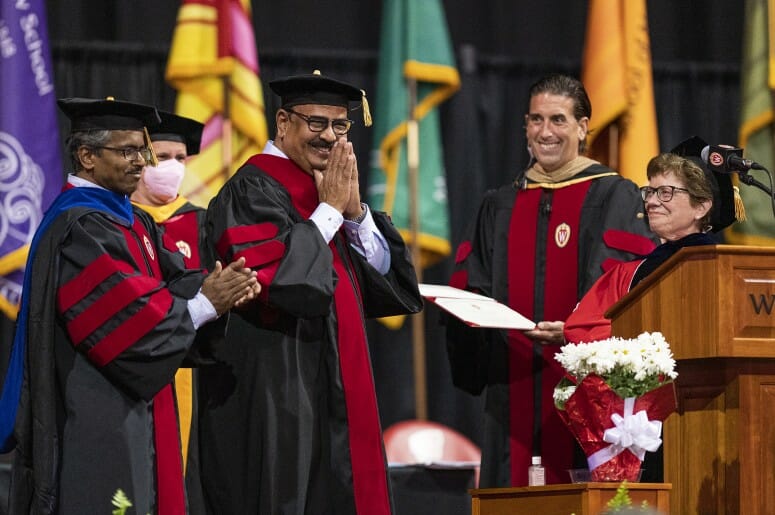Ella Foundation sees key outcomes in Ebola vaccine research
During April 2015, the world recorded 261,000 suspected Ebola-affected humans, with 14,880 lab confirmed cases, and 11,000 deaths.
April 27, 2015
Ella Foundation, which has taken up research for finding a potential vaccine for the deadly Ebola virus, today said it had successfully completed preliminary studies on the virus, which was responsible for high fatalities among humans in central Africa.
The Hyderabad-based foundation said it had completed the preliminary animal (with mice) experiments of the virus’ glycoprotein with the targeted adenovirus, and the “immune response results have been good”, which would be followed by toxicology tests and the subsequent clinical trials involving human beings.
Adenoviruses are responsible for respiratory infections, gastroenteritis, cystitis, and primary pneumonia in humans, and are therefore used as a clear target to understand the human immunity characteristics in laboratory. However, the efficacy of the vaccine is judged by the outcomes seen in human trials.
Speaking on the development, Nagendra Hegde, group leader of research at Ella, said, for the next level research outcomes, the “Indian government should come forward, as finding a vaccine for cure against Ebola is of national interest.”
He said that India was not actively pursuing research for Ebola drug discovery, adding China was currently pitching for African nationals residing in the country to become volunteers for human trials.
In a presentation to the media today, he stated that as of April 22, globally there were 261,000 suspected Ebola-affected humans, with 14,880 laboratory confirmed cases, and around 11,000 deaths, most of which were in central Africa, according to the World Health Organisation (WHO).
Terming it as a “multi-organ disease”, Hegde said the virus could spread fast through human touch, and a better part of the world, including India, is at risk of the deadly virus.
Across the world, multinational pharma majors, including GlaxoSmithKline, Johnson & Johnson, Merck and Novavax are involved in spearheading the research, with committed budgets of close to $500 million, he said.
Earlier, Ella Foundation helped in the development of H1N1 pandemic influenza in the early stage.
About Ella Foundation
ELLA FOUNDATION is a non-profit autonomous research organisation dedicated to research, development and training in various facets of modern biology. Its mission is to generate knowledge for human and animal health, and contribute to economic advancement through research and development (R&D) in contemporary biomedical and veterinary sciences, besides working on traditional projects.
The Foundation is located in the middle of Genome Valley in Hyderabad and draws collaboration from regional, national, as well as international public and private organisations. Established in 2002, the Foundation is engaged in basic and applied research to tackle human and animal diseases, and is recognised by the Department of Scientific and Industrial Research, Government of India as an independent R&D organisation.


